I’d Like to Stop But… (Overcoming Addictions) by Albert Ellis PhD
$29.00
Product Include:[2 CDs]
File size:40.44 MB
I’d Like to Stop But… (Overcoming Addictions) by Albert Ellis PhD
**More information:
Get I’d Like to Stop But… (Overcoming Addictions) by Albert Ellis PhD at Salaedu.com
Description
Albert Ellis PhD – I’d Like to Stop, But… (Overcoming Addictions) [2 CDs]
I’d Like to Stop, But…. [Audio CD]By Albert Ellis, Ph.D. In this CD, Dr. Ellis addresses addictions, compulsions, and needs from a Rational Emotive Behavioral Therapy (REBT) framework. The listener learns how to change their life philosophy from a philosophy of addiction. The common philosophies that make people addicted are addressed, including demands and musts (i.e., “I must do well, and I’m not doing as well as I must, and therefore I’m no good.”), Low Frustration Tolerance (LFT), the need for immediate gratification and refusal for self-discipline (i.e., “It’s too hard to quit! It shouldn’t be this hard. I deserve to have it easier.”). Lastly, cognitive, emotive, and behavioral techniques are described to help the listener give up philosophies that facilitate addiction….It’s the PART of The Famous Albert Ellis Scientific REBT Group BuyThat’s Real Science Based on 50+ years of Psychotherapy & Clinical Practice and helped Millions of people all over the WorldWork of Albert Ellis phd is based on 50 years of clinical practice.He’s products, books are very helpful, also he’s a great speaker, he’s very fun and easy to listen.
Who Is Albert Ellis? Albert Ellis (September 27, 1913 – July 24, 2007) was an American psychologist who in 1955 developed Rational Emotive Behavior Therapy (REBT). He held M.A. and Ph.D. degrees in clinical psychology from Columbia University and American Board of Professional Psychology (ABPP). He also founded and was the president and president emeritus of the New York City-based Albert Ellis Institute[1]. He is generally considered to be one of the originators of the cognitive revolutionary paradigm shift in psychotherapy and the founder of cognitive-behavioral therapies. Based on a 1982 professional survey of U.S. and Canadian psychologists, he was considered as the second most influential psychotherapist in history (Carl Rogers ranked first in the survey; Sigmund Freud was ranked third)[2].Author of more then 50+ book Work as sexologist and sex and love researcherBy the 1960s, Ellis had come to be seen as one of the founders of the American sexual revolution. Especially in his earlier career, he was well known for his work as a sexologist and for his liberal humanistic, and controversial in some camps, opinions on human sexuality. He also worked with noted zoologist and sex researcher Alfred Kinsey and explored in a number of books and articles the topic of human sexuality and love. Sex and love relations was something he had a professional interest in even from the beginning of his career.In 1958 he published his classic book Sex Without Guilt which came to be known for its liberal sexual attitudes. In 1965 Ellis published a book entitled Homosexuality: Its Causes and Cure, which partly saw homosexuality as a pathology and therefore a condition to be cured. In 1973 the American Psychiatric Association reversed its position on homosexuality by declaring that it was not a mental disorder and thus not properly subject to cure, and in 1976 Ellis clarified his earlier views in Sex and the Liberated Man, expounding that some homosexual disturbed behaviors may be subject to treatment but, in most cases, that should not be attempted as homosexuality is not inherently good or evil, except from a religious viewpoint (See “Albert Ellis and religion”, below). Near the end of his life, he finally updated and re-wrote Sex Without Guilt in 2001 and released as Sex Without Guilt in the Twenty-First Century. In this book, he expounded and enhanced his humanistic view on sexual ethics and morality and dedicated a chapter on homosexuality to giving homosexuals advice and suggestion on how to more greatly enjoy and enhance their sexual love lives. While preserving some of the ideas about human sexuality from the original, the revision constituted his current humanistic opinions and ethical ideals.At the time of his death on July 24, 2007, Dr. Ellis served as President Emeritus of the Albert Ellis Institute in New York and had authored and co-authored more than 80 books and 1200 articles (including eight hundred scientific papers) during his lifetime. He died from natural causes, aged 93.[3]Dr Ellis’ main and final book was “All Out!” an autobiography published by Prometheus Books in June 2010. The book was dedicated to and contributed by his wife Dr Debbie Joffe Ellis to whom he entrusts the legacy of REBT and described her as “The greatest love of my whole life, my whole life”. Rational emotive behavior therapy…Rational emotive behavior therapy (REBT), previously called rational therapy and rational emotive therapy, is a comprehensive, active-directive, philosophically and empirically based psychotherapy which focuses on resolving emotional and behavioral problems and disturbances and enabling people to lead happier and more fulfilling lives. REBT was created and developed by the American psychotherapist and psychologist Albert Ellis who was inspired by many of the teachings of Asian, Greek, Roman and modern philosophers. REBT is one form of cognitive behavior therapy (CBT) and was first expounded by Ellis in the mid-1950s; development continued until his death in 2007.Rational Emotive Behavior Therapy (REBT) is both a psychotherapeutic system of theory and practices and a school of thought established by Albert Ellis. Originally called rational therapy, its appellation was revised to rational emotive therapy in 1959, then to its current appellation in 1992. REBT was one of the first of the cognitive behavior therapies, as it was predicated in articles Ellis first published in 1956,[1] nearly a decade before Aaron Beck first set forth his cognitive therapy.
More Course: NLP – HYPNOSIS – PHILOSOPHY
Outstanding Course: https://tradersoffer.forex/product/10000-royalty-free-photos-by-alun-hill/
1 review for I’d Like to Stop But… (Overcoming Addictions) by Albert Ellis PhD
Add a review Cancel reply
Related products
HYPNOSIS - NLP Courses
HYPNOSIS - NLP Courses
HYPNOSIS - NLP Courses
HYPNOSIS - NLP Courses

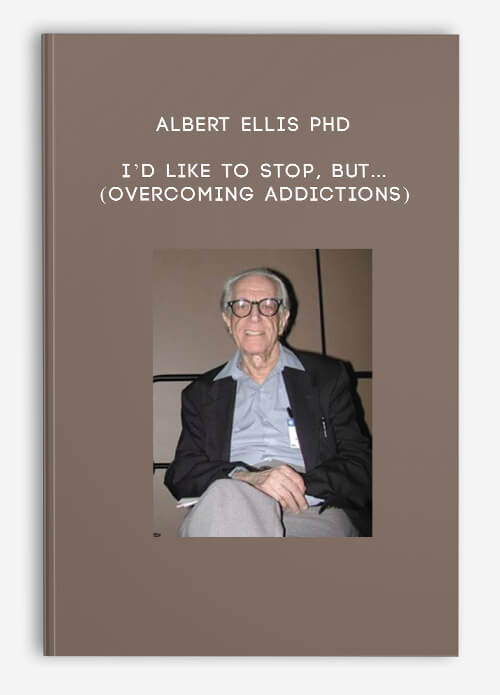
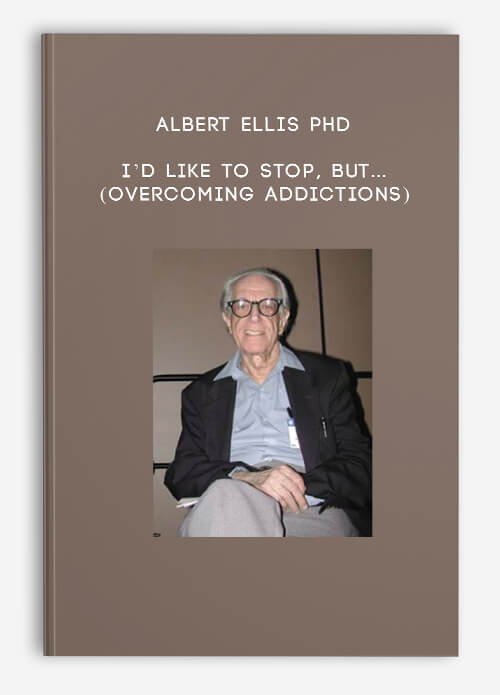

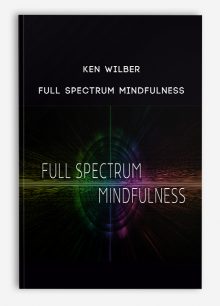
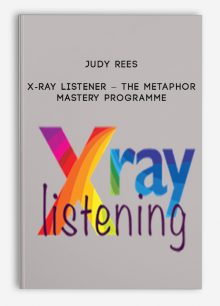

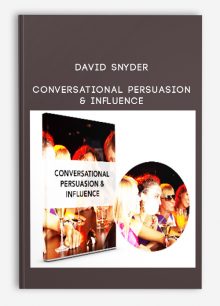
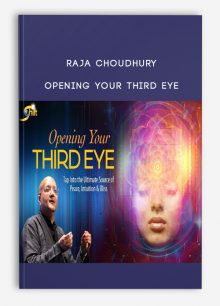
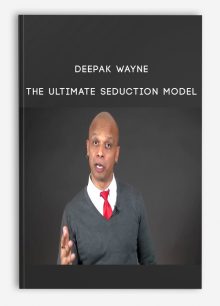
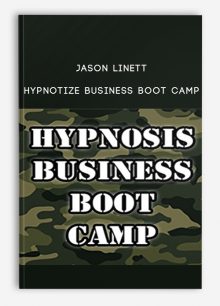
king –
We encourage you to check Content Proof carefully before paying.“Excepted” these contents: “Online coaching, Software, Facebook group, Skype and Email support from Author.”If you have enough money and feel good. We encourage you to buy this product from the original Author to get full other “Excepted” contents from them.Thank you!